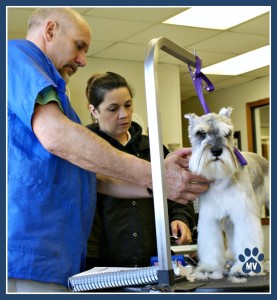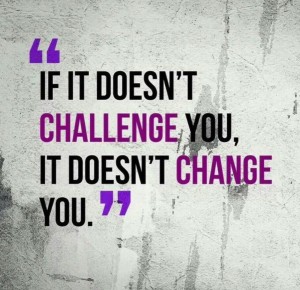 Learning to master skills helps us get ahead in our work and lives. To do this you need to have a deep understanding of the skill you are trying to perfect. You also need the dedication to put in the needed time and deliberate practice.
Learning to master skills helps us get ahead in our work and lives. To do this you need to have a deep understanding of the skill you are trying to perfect. You also need the dedication to put in the needed time and deliberate practice.
“Deliberate practice,” was introduced by researcher, Anders Ericsson who studied this concept for over 30 years. His research shows HOW you practice matters much more than HOW MUCH you practice.
Deliberate practice isn’t running a few miles each day, strumming a guitar for 20 minutes each morning, or grooming a few dogs each day. Deliberate practice is much more purposeful and focused. It might take you five to ten years of deliberate practice to truly master a skill.
To improve anything, you must push beyond your comfort zone. This process can be very difficult. Letting go of what is safe and learning to get comfortable with the unknown is hard for most of us. For some, it is impossible. But when you put sincere effort toward improving a weakness, you will grow.
To become great, experts focus on improving their weaknesses. Practicing on easy things never leads to improvement. Working hard just to work will exhaust you. Working purposefully towards improving is the secret to success.
It doesn’t matter whether you are trying to master a specific breed profile, specialize in a grooming technique, increase your speed, or skillfully run your business. To master any task, you need to focus and practice in a purposeful way.
Here are five ideas to help you stay focused on a skill you want to master.
- Deliberate practice has one objective: to improve performance. According to Ericsson, “People who play tennis once a week for years don’t get any better if they do the same thing each time. Deliberate practice is about changing your performance, setting new goals and straining yourself to reach a bit higher each time.”
- Perfect practice makes perfect. Repetition matters. Do it repeatedly. Football legends don’t practice their specialty briefly at the end of their practice sessions. They repeat the fundamentals of their specialty hundreds of times each week.
- Get consistent feedback. You must monitor your progress so you can adjust. Without feedback, you won’t know how to improve. Seek out a mentor or a coach in the area you would like to master. Asked them for consistent criticism and advice.
- Identify your weakest area. Focus on improving your weakest skill. Then move on. Don’t beat yourself up.
- Be prepared. The process is going to be challenging. It will physically and mentally exhaust you. Mastery takes commitment, focus, and extreme effort.
 When I began a career with dogs, it didn’t take long before I knew I wanted to perfect my skills. I wanted to master pet grooming. I found mentors and coaches who could give me feedback. I read books. I studied images – photos of my own work as well as champions. I intently watched master pet stylists at work. I attended clinics and workshops. I tested my skills in the certification and competition rings. I always asked for feedback and focused on improving my work. I practiced. And practiced. And practiced.
When I began a career with dogs, it didn’t take long before I knew I wanted to perfect my skills. I wanted to master pet grooming. I found mentors and coaches who could give me feedback. I read books. I studied images – photos of my own work as well as champions. I intently watched master pet stylists at work. I attended clinics and workshops. I tested my skills in the certification and competition rings. I always asked for feedback and focused on improving my work. I practiced. And practiced. And practiced.
Today, I work with a business coach. Almost every week we have a 90-minute conference call. We focus on our weakest link and ways to improve it. The following week, we review what worked and what didn’t work – then move on to the next weak item on the agenda. Having a coach keeps me accountable, focused, and on track.
Remember – start small. Self-improvement can feel overwhelming. You can’t take on everything. If you do, you’ll feel defeated and never succeed at any of it. Instead, choose one or two skills to focus on at a time. Break down the skill into manageable chunks. Set goals. Get feedback and track your progress.
Along the learning journey, stop to reflect. When you want to move from good… to great… to mastery, you need to stop and spend time reflecting on what you’re doing. If you don’t, the new skill won’t stick. Talk to your mentor, coach, or someone you respect as you go. Talking about your progress assists in getting valuable feedback. It keeps you accountable and it cements the changes.
Be patient with yourself. You are not going to reach perfection right away. Mastery requires perfecting many smaller skills and then putting them all together. It could take months to perfect a single new sub-skill. It will take years to truly master a particular technique or specialize in a field.
You can use these techniques on anything you want to improve or master. Many of us can do something well. True mastery takes it to a much deeper level.
Do you have what it takes to become a master?
Happy trimming!
Melissa
 What are the things you’re working to perfect every day? Jump on the Learn2GroomDogs.com Facebook page and tell us about it.
What are the things you’re working to perfect every day? Jump on the Learn2GroomDogs.com Facebook page and tell us about it.


